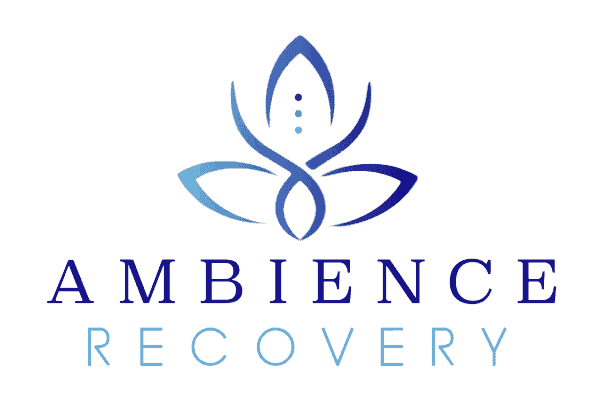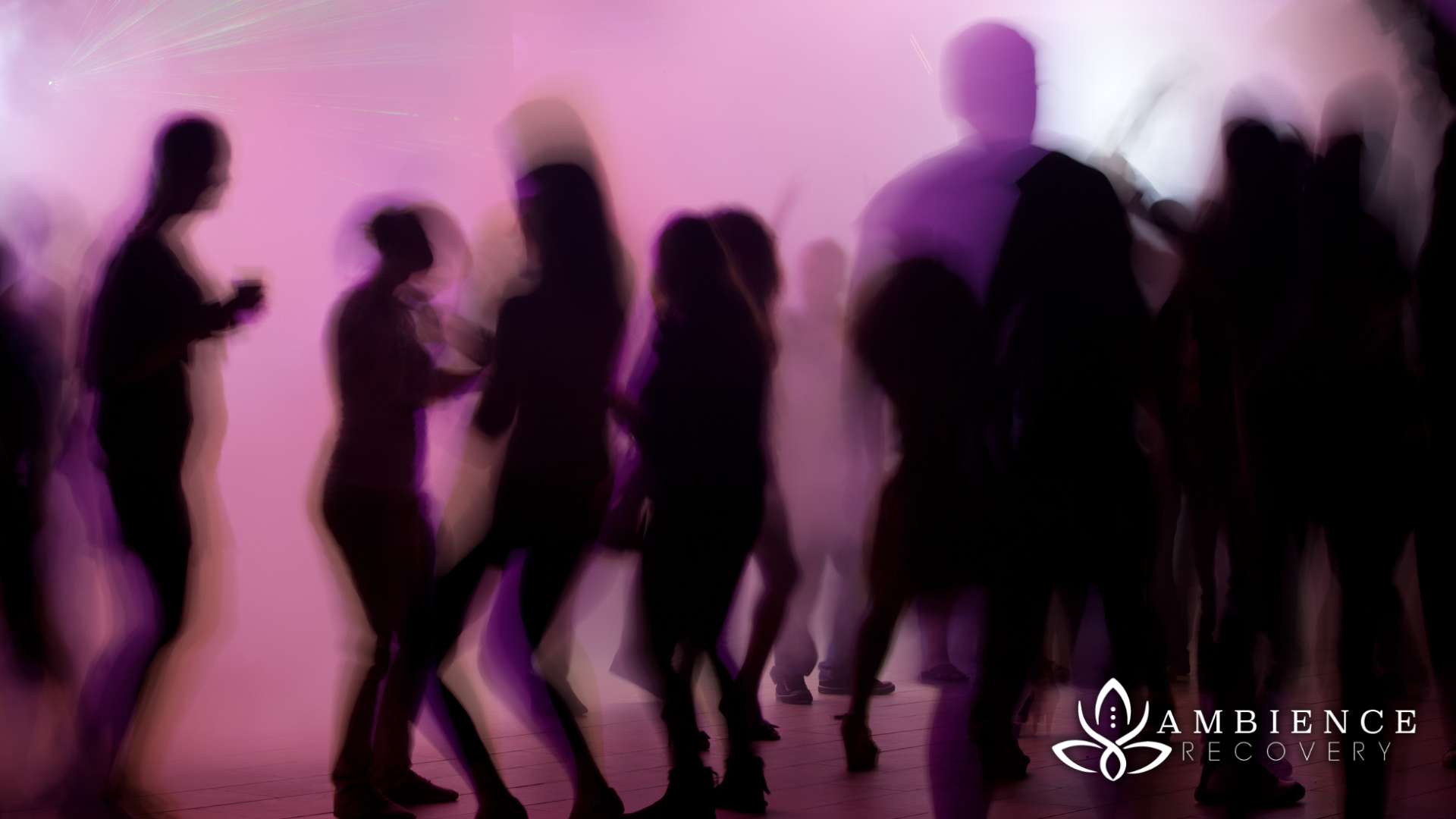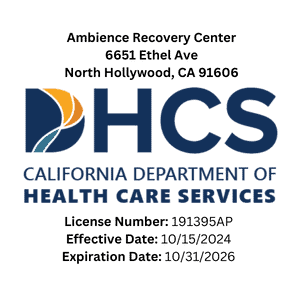Key Takeaways
-
Mixing cocaine and alcohol creates cocaethylene, a toxic chemical.
-
Cocaethylene stays in the body longer and is more dangerous than cocaine alone.
-
It increases the risk of heart attack, liver damage, and sudden death.
-
Ambience Recovery provides safe, expert care for those struggling with cocaine and alcohol use.
Introduction
At parties or nightclubs, it may seem common to see people using cocaine and drinking alcohol. Some say it gives them energy. Others say it helps them stay awake and keep the good times going.
But mixing cocaine and alcohol is not only risky—it’s potentially deadly.
When both are used together, your body makes a dangerous chemical called cocaethylene. This chemical can do serious harm to your brain, heart, and liver. It also makes addiction more likely.
In this article, we’ll explain what cocaethylene is, how it affects your body, and how you can get help if you or someone you love is struggling with cocaine and alcohol use.
Why People Mix Cocaine and Alcohol
Many people mix cocaine and alcohol without knowing the risks.
They might do it to:
-
Feel more confident or social
-
Reduce the drowsiness that comes with drinking
-
Stay energized longer during a night out
Since cocaine is a stimulant and alcohol is a depressant, the two drugs seem to “balance” each other. But this mix confuses your body and hides the warning signs of overdose. You might not feel how drunk or high you really are—until it’s too late.
What Is Cocaethylene and Why Is It So Dangerous?
When alcohol and cocaine are in your system at the same time, your liver creates a new substance called cocaethylene. This doesn’t happen with either drug alone.
Cocaethylene is more dangerous than cocaine by itself because:
-
It stays in your body longer, putting more strain on your organs
-
It amplifies the effects of both drugs
-
It increases toxicity, which raises the risk of sudden death
This chemical builds up in your liver, heart, and brain. It puts extra pressure on your body and can lead to serious complications—especially with continued use.
Short-Term Effects of Mixing Cocaine and Alcohol
You may feel intense energy, euphoria, or confidence. But these short-term “benefits” are followed by serious risks, including:
-
High blood pressure
-
Fast or irregular heartbeat
-
Aggression or reckless behavior
-
Dehydration
-
Confusion or panic attacks
-
Seizures
-
Overdose from either drug
Because cocaethylene blocks pain and exhaustion, some people push themselves too far—causing injuries, alcohol poisoning, or even sudden death.
Long-Term Effects of Cocaethylene on the Body
When someone mixes cocaine and alcohol regularly, long-term damage can happen.
Some of the most common problems include:
-
Heart disease and heart failure
-
Liver damage or liver failure
-
Memory loss and confusion
-
Chronic depression or anxiety
-
Sleep problems and fatigue
-
Higher risk of stroke or seizure
It also makes your brain depend on both drugs to feel “normal,” which leads to addiction.
How Cocaethylene Increases Addiction Risk
Cocaethylene is more powerful than cocaine alone. It creates a longer-lasting high, which tricks the brain into thinking it needs more of both substances to feel good.
Over time, this can lead to:
-
Stronger cravings
-
Tolerance, which means needing more to get the same effect
-
More frequent use
-
Severe withdrawal symptoms
People may start drinking and using cocaine every time they go out—or even during the week—to feel that same buzz. But this makes recovery harder and health problems worse.
Warning Signs of Cocaine and Alcohol Use Disorder
Not everyone realizes when casual use has turned into a serious problem. Here are signs that someone may be struggling with addiction:
-
Using both substances more often or in larger amounts
-
Feeling anxious or angry when not using
-
Skipping work, school, or family events
-
Legal or money problems related to drug and alcohol use
-
Mood swings, isolation, or sleeping too much
-
Health issues such as chest pain, liver trouble, or memory loss
If you or a loved one shows these signs, it may be time to get professional help.
Treatment Options at Ambience Recovery
At Ambience Recovery, we understand how hard it is to stop using cocaine and alcohol—especially when both are used together.
That’s why we offer treatment designed to address both substances at the same time. Our programs include:
-
Medical detox to remove both drugs from your system safely and comfortably
-
Inpatient rehab for round-the-clock support and structure
-
Individual and group therapy to learn healthy coping skills
-
Dual diagnosis treatment for mental health conditions like depression or anxiety
-
Aftercare planning to support long-term recovery and prevent relapse
Recovery is possible—with the right support system and treatment plan.
Conclusion: One Decision Could Save a Life
Mixing cocaine and alcohol is not just a party habit—it’s a serious danger.
The chemical your body makes—cocaethylene—can damage your brain, heart, and liver. It increases the chances of overdose, addiction, and sudden death. But you don’t have to face it alone.
If you or someone you love is struggling with drug and alcohol use, help is just one phone call away.
Call Ambience Recovery today at 866-721-7470 to take the first step toward healing. Our team is ready to support you—every step of the way.
FAQs About The Dangers of Mixing Cocaine and Alcohol Consumption
What happens when you mix cocaine and alcohol?
When you mix cocaine and alcohol, your body produces a metabolite called cocaethylene, which can intensify the effects of both substances and increase the risk of negative effects, including heart problems and increased intoxication.
What are the effects of cocaine and alcohol on the body?
The effects of cocaine and alcohol together can include increased heart rate, heightened euphoria, and impaired judgment. However, this combination also increases the risk of overdose and other severe health complications.
Can mixing alcohol and cocaine lead to addiction?
Yes, the concurrent use of cocaine and alcohol can lead to an increased risk of cocaine and alcohol addiction. This combination can create a cycle of substance use that makes it difficult to break free from both dependencies.
What are the dangers of combining cocaine and alcohol?
The dangers of combining cocaine and alcohol include increased toxicity, higher chances of overdose, and severe cardiovascular issues. The presence of cocaethylene in the body can further exacerbate these risks.
How does alcohol abuse affect cocaine use?
Alcohol abuse can significantly impact cocaine use by lowering inhibitions and increasing the likelihood of taking cocaine. Additionally, alcohol can enhance the euphoric effects of cocaine, leading to higher consumption and potential overdose.
What are the long-term effects of cocaine and alcohol dependence?
Long-term cocaine and alcohol dependence can lead to serious health issues, including liver damage, cardiovascular diseases, mental health disorders, and increased risk of accidents or injuries due to impaired judgment.
Is there treatment available for cocaine and alcohol addiction?
Yes, there are various treatment options available for cocaine and alcohol addiction, including counseling, behavioral therapies, support groups, and medical interventions that address both substances and their effects.
What should someone do if they are using cocaine and alcohol together?
If someone is using cocaine and alcohol together, it is crucial to seek help immediately. Contacting a healthcare professional or a substance use treatment center can provide the necessary support and guidance for recovery.
How does the use of cocaine and alcohol increase health risks?
The use of cocaine and alcohol together increases health risks by enhancing the toxic effects on the body, leading to greater potential for overdose, heart complications, and long-term physical and mental health issues.
What are the signs of alcohol withdrawal in individuals who also use cocaine?
Signs of alcohol withdrawal in individuals who also use cocaine can include anxiety, tremors, sweating, hallucinations, and seizures. The combination of these substances can complicate withdrawal symptoms and require medical attention.
Resources For The Effects of Alcohol and Cocaine Use
https://pmc.ncbi.nlm.nih.gov/articles/PMC8956485/
https://www.theguardian.com/society/2009/nov/08/cocaine-alcohol-mixture-health-risks
https://www.sciencedirect.com/topics/neuroscience/cocaethylene
Katie is a Licensed Clinical Social Worker who has worked as a primary therapist, supervisor, and now clinical director for SUD/MH treatment centers for the past 12 years. Katie is trained in Brainspotting, EMDR, Internal Family Systems and Dialectical Behavior Therapy and is passionate about treating substance use disorders, trauma and grief.






